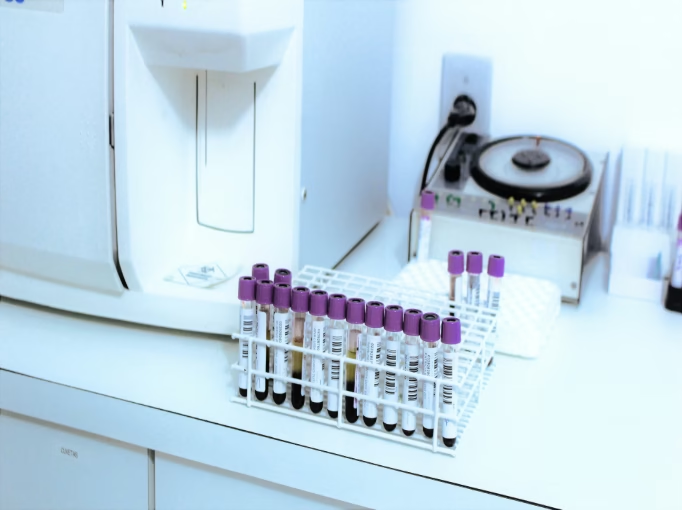Can Pharmacogenomic Testing Help with Mental Health Medications?
If you or someone you care about has ever struggled to find the right mental health medication, you know how difficult and draining that process can be. One drug might not work at all, another might cause side effects, and it can take weeks—or months—to see any real improvement.
Now imagine if there was a way to narrow down the options before you even start. That’s where pharmacogenomic testing comes in.
What Is It, Really?
Pharmacogenomic testing is a simple genetic test—usually a cheek swab or a saliva sample—that looks at how your body processes certain medications based on your DNA. Everyone’s body handles drugs differently, and your unique genetic makeup can actually affect how well a medication works for you, or whether it causes side effects.
Why It Matters for Mental Health
When treating conditions like depression, anxiety, bipolar disorder, or ADHD, it’s common to go through a lot of trial and error. This isn’t because your doctor isn’t doing their best—it’s because, until recently, they had very little personal information to go on when prescribing.
Pharmacogenomic testing changes that. It offers a personalized guide that helps doctors figure out which medications are more likely to work for you, and which ones might be better to avoid or adjust.
What It Can Tell You
After the test, you get a report that often places medications into three categories:
-
Green light – These meds are likely a good fit based on your genes.
-
Yellow light – They might work, but you may need to watch for side effects or dose adjustments.
-
Red light – These are less likely to be effective or could cause unwanted reactions.
This kind of insight can help you skip months of guessing and get closer to a treatment that actually helps.
The Honest Truth
While the test can be incredibly useful, it’s not a crystal ball. It doesn’t diagnose mental illness or promise a perfect match. And mental health isn’t only about biology—your environment, experiences, and emotional state all play huge roles.
Also, not all medications are included in every test, and depending on where you live, cost or insurance coverage could be a factor.
So, Should You Consider It?
If you’ve been struggling to find a medication that works—or want to avoid the long, painful process of trial and error—it’s worth talking to your doctor about pharmacogenomic testing. It’s one more tool that can make your journey toward better mental health a little clearer, and a lot more personal.

